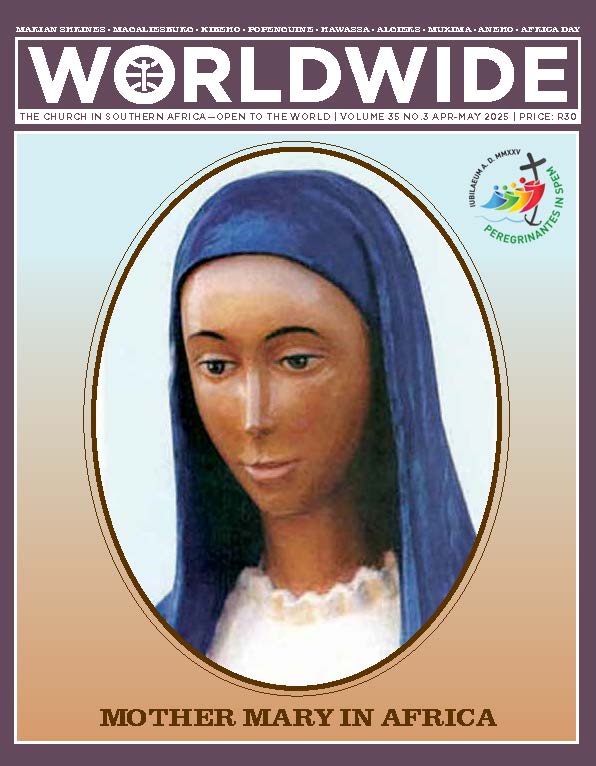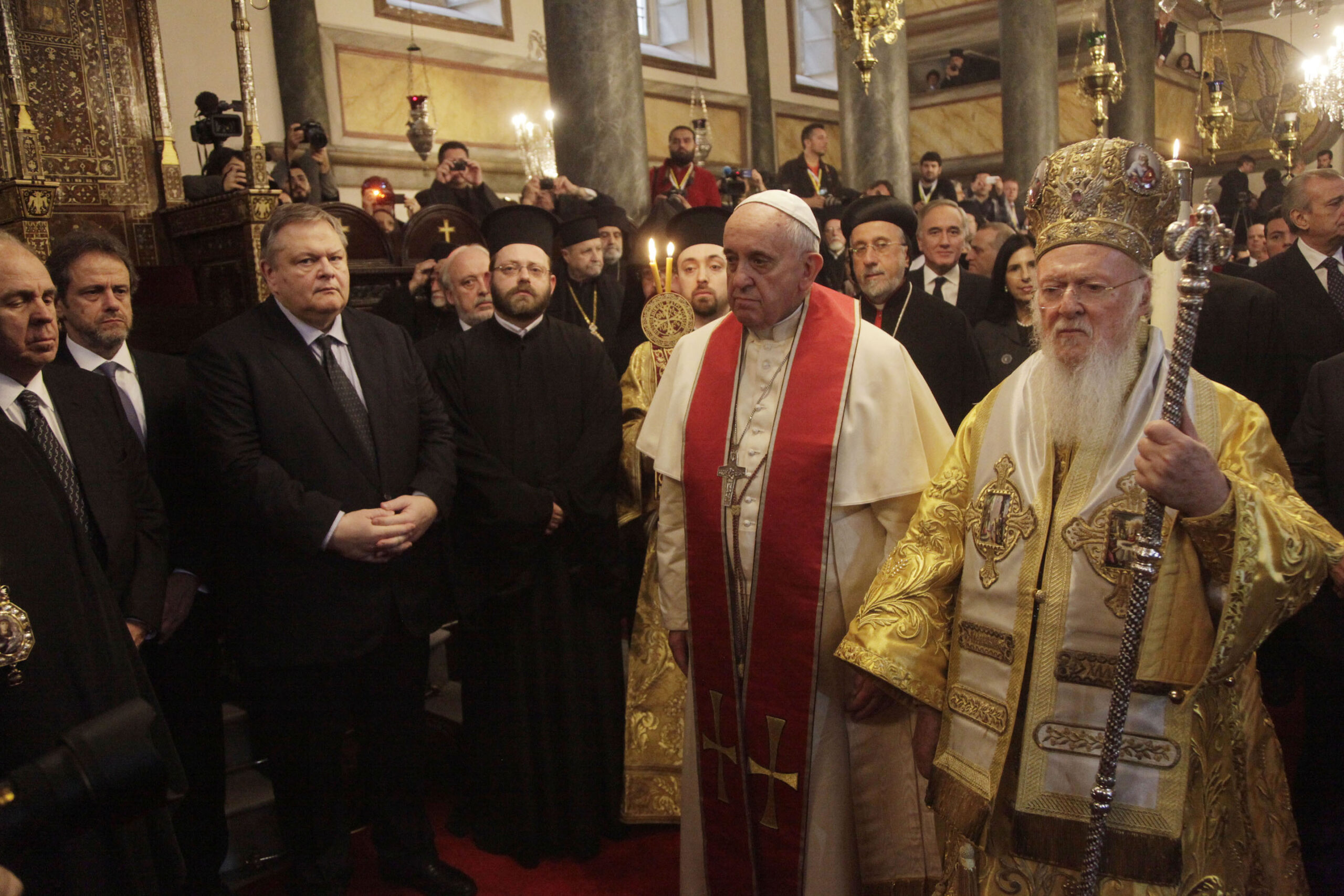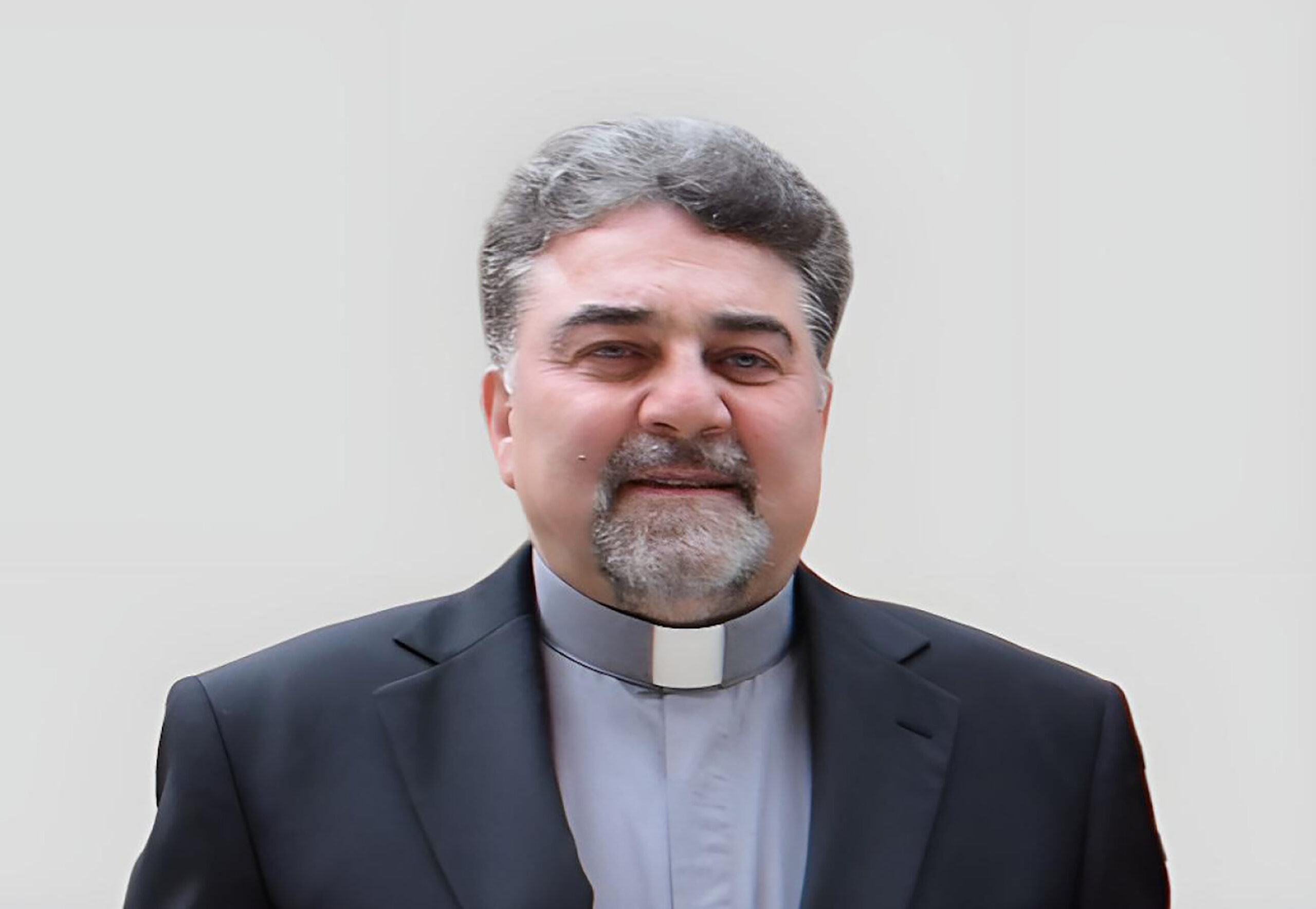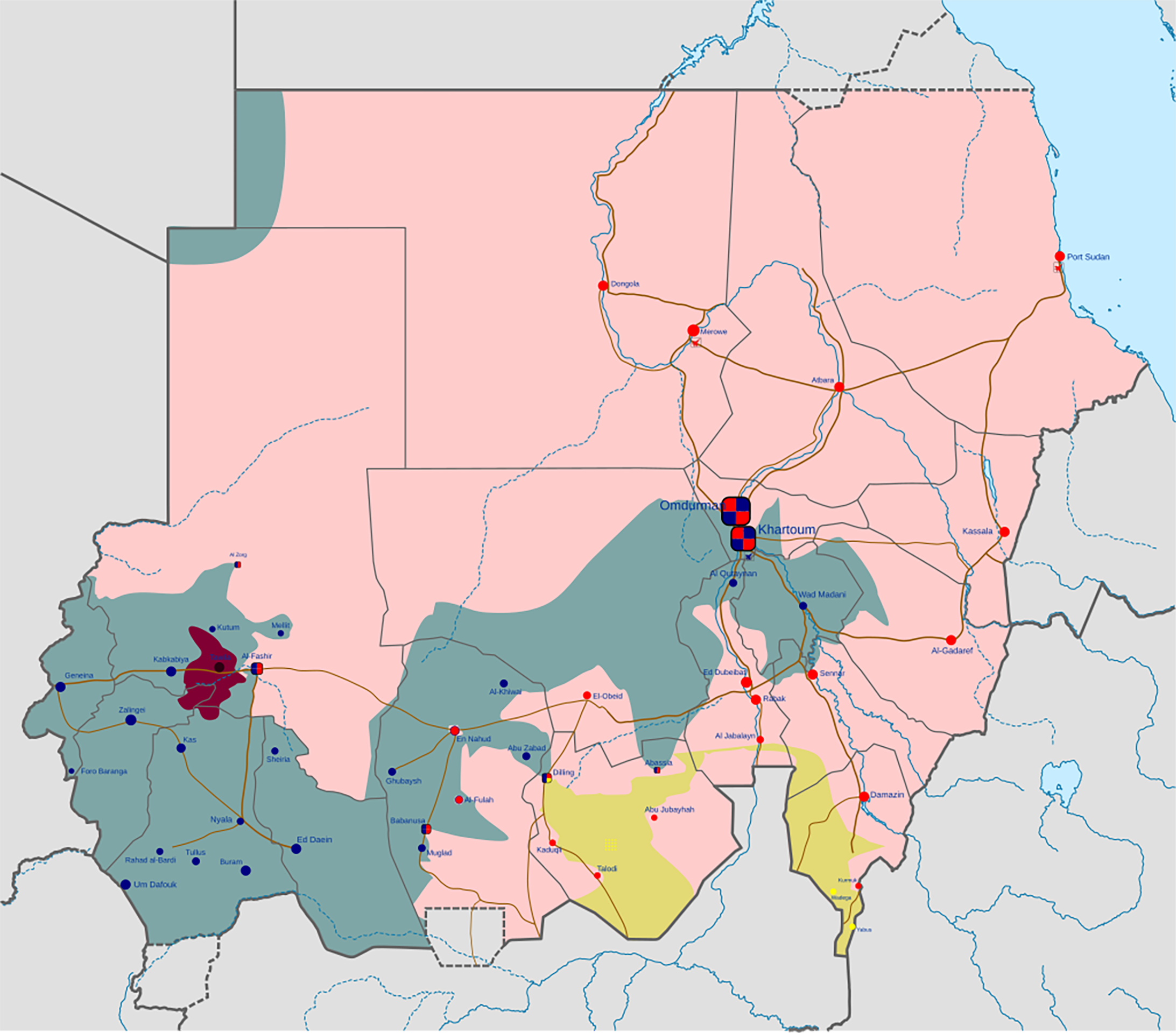
MOTHER MARY IN AFRICA
Head of the Statue of Mother Mary at Kibeho, Rwanda, carved by Marek Kowalski and based on the models of Jean Pierre Sibomana and Faustin Kayitana. In the statue, Mother Mary holds the Seven Sorrows Chaplet, a Marian devotion reintroduced to the Catholic community by Our Lady of Kibeho.
Kibeho is the only Marian apparition on African soil, officially recognized by the Church. Mother Mary’s requests for prayers preluded the 1994 Genocide.
RADAR • DR CONGO
HOPES FOR PEACE IN A COUNTRY DEVASTATED BY WAR AND EXPLOITATION
The Vatican Pontifical Antonianum University hosted a conference entitled ‘Rethinking Peace in the Democratic Republic of Congo’ on 20 March 2025. Speakers present at the event were representatives of those who are suffering the consequences of that conflict, including Baderha Batumike Patient and Jean-Claude Mulekya Kinombe.
BY BEATRICE GUARRERA | VATICAN CITY
“IT IS often not understood why in a country of 2,345,406 km² with more than 100 million inhabitants, most of its people (more than 70%) are poor. Why?” This question, posed by Baderha Batumike Patient, doctoral student in Social Sciences and consultant to the Congolese embassy to the Holy See, was set as introduction to the conference. The aim of the meeting was to outline the deep-rooted reasons for the persistent poverty and war still plaguing the country and threatening to spread to other African nations. The meeting also intended to propose solutions and to share visions for hope and a peaceful future.
Exploitation of resources
Underlying the systematic exploitation to which the DRC has been subjected is the wealth of the subsoil: cobalt (of which the country is the world’s leading producer), gold, diamonds, among other minerals, as well as other natural resources found in the Congo River Basin, which is the second largest tropical forest in the world, after the Amazon.
Since the 1990s, there has been no end to wars intended to plunder these immense and precious natural resources, while “multinationals take advantage of the weakness of the state for their own purposes, environmental pillage exacerbates inequalities,” explained Baderha Batumike.
Integral ecology
As Pope Francis proposed in Laudato Si’, integral ecology—with its holistic approach which establishes a clear correlation between the ecological and the social crisis—is needed.
“We need to introduce an inclusive bottom-up model, to encourage local processing, respect for human rights, a review of governance, and a proper redistribution of wealth. The only alternative is integral ecology,” Batumike stated.
Reasons for war
The deep-rooted reasons for today’s war in the DRC are to be found in the history of the last century, primarily in the Rwanda genocide, as precursor event to the current conflict.
This is according to Prof. Jean-Claude Mulekya Kinombe OFM, adjunct at the Faculty of Theology of the Pontifical Antonianum University, who traced the events in Rwanda up to the establishment of the M23 rebel military group, which seized control of the city of Goma last January.
While Rwanda denies any involvement with the M23—contrary to Congolese views—signs of relaxation were seen in the meeting at Doha, on 18 March, between Presidents Paul Kagame and Félix Tshisekedi, respectively leaders of Rwanda and the DRC, and with the mediation of Qatar.
These were the first direct talks on the ongoing conflict in the eastern provinces of the DRC after the advance of the M23 rebel group, at the end of which the two leaders called for an immediate ceasefire.
A devastated country
In the meantime, however, the devastation has been incalculable.
“We are disgusted by the shelling of the neonatal ward of the Charité hospital in Goma,” said Prof. Kinombe.
The M23 is now trying to show that it knows how to administer the occupied lands, wanting to be an alternative to the government of President Tshisekedi.
Since 2023, 200,000 people have fled the country, apart from the other internally displaced people; not to mention the thousands of dead, which are difficult to count.
The situation at the social level is also dramatic, amidst familism and corruption, rampant unemployment and graduates who migrate.
“Our fleeing brains rather choose to die in the Mediterranean or in the Atlantic Ocean than remain in misery,” stressed Mulekya Kinombe, who sounded the alarm on the potential risks of this violence:
- “The first risk is a war in the whole of Central Africa, and
- Secondly, increased hatred between the Congolese and Rwandans because they see the latter as the guilty ones.”
Horizons of peace
“Rethinking peace is a difficult, but not impossible path,” said the professor. “It also means seeking reconciliation, recognising mistakes and searching for the truth.”
The steps to be taken start with ending the violence, imagining solutions to mining issues that consider the dignity of the human person, and then emphasising social justice and solidarity.
“The Congolese themselves must be fair in the running of their country, not just favouring politicians who enrich themselves immensely. This is only possible if everyone recognises a brother in the other.”
Society at standstill
On the sidelines of the event and referring to the news coming from family members and acquaintances at Goma and Bukavu, the two Congolese speakers painted a dramatic picture.
“Congo is in chaos, since AFC and M23 took over North Kivu and now South Kivu,” Baderha explained.
“We do not know who is killing who; the government does not manage security. The rebels claim that they have come to liberate the country, but the people are suffering.
Congolese society is at a standstill; there is no work, everyone is confined to their houses, markets are closed.
So, there is no life. All the schools are closed, the children are at home, because they can’t access their schools, as well as the university students.
To get out of this situation, we really need to work together,” the doctoral student observed, “following the Social Pact for Peace and Coexistence proposed by the Congolese Episcopal Conference, together with the Protestant Churches, to bring about peace.”
Source: vaticannews.va



